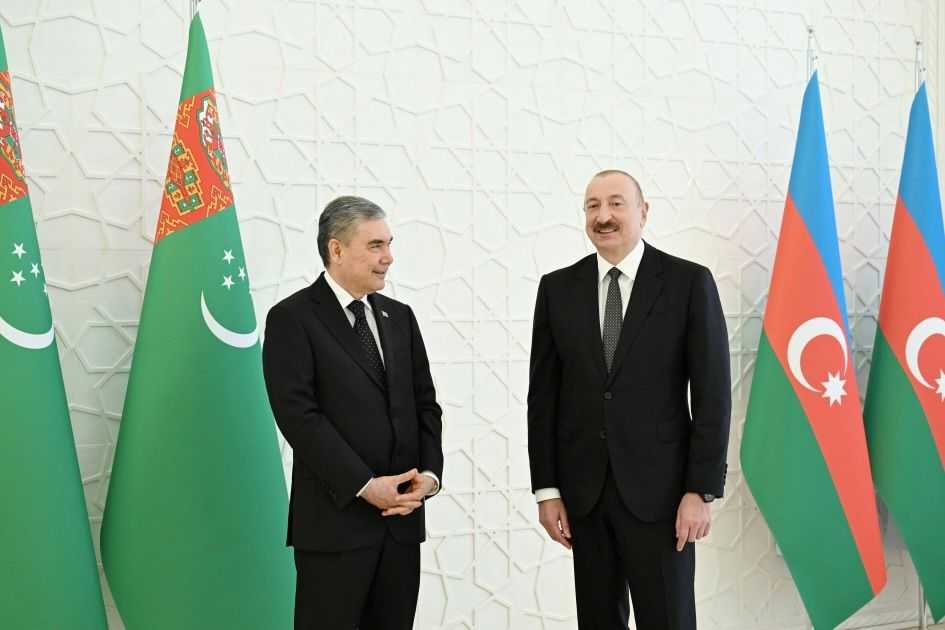
A report issued by the Public Council of the Talysh of Azerbaijan (ATISH) has criticised the Azerbaijani government for allegedly not respecting the Talysh language, identity, or rights to education in their own language.
The Public Council of the Talysh of Azerbaijan (ATISH), an unregistered Talysh community in Azerbaijan, issued the report on September 15.
The report recommends that the Azerbaijani government take measures to allow national minorities to express their identities and concerns, and to participate in public decision-making, both individually and in association with others.
‘The Talysh are not recognized as a people by the Azerbaijani government’, the report reads. ‘The government is pursuing a policy of de facto assimilation of the Talysh.’
The report further notes that usage of the term ‘Talysh’ is de facto banned in Azerbaijan’s public sphere and that there are no Talysh NGOs registered in the country.
The report also contests official data on the number of Talysh living in Azerbaijan, which as of 2009, listed the population at 112,000. ‘Independent experts believe that the number of Talysh is at least 10 times higher, i.e between 1-2 million’, the report reads.
After the report was published, Rufat Guliyev, a member of parliament from the Lankaran Constituency, which has a large Talysh population, made efforts to refute its claims.
Guliyev told pravda.az that, at present, ‘200,000-300,000’ Talysh people live ‘in the southern zone of Azerbaijan alone’. He added that the ‘necessary conditions for their comfortable life have been provided’ and that ‘no restrictions are imposed on a citizen representing any national minority in Azerbaijan’.
Claims to the contrary, he said, were ‘absurd’.
The Public Council of the Azerbaijani Talysh was established in December 2019.
Hilal Mammadov, co-chair of the Public Council of the Talysh of Azerbaijan, dismissed Rufat Guliyev’s defence of the treatment of Talysh people in Azerbaijan.
He condemned the use of outdated Talysh language textbooks, a complete lack of already intermittent Talysh-language education after grade 4, and no institutions for training teachers of the Talysh language. He also claimed that access to independent Talysh-language websites ‘has been blocked across the country’.
‘What kind of tolerance is being talked about?’, he said.






